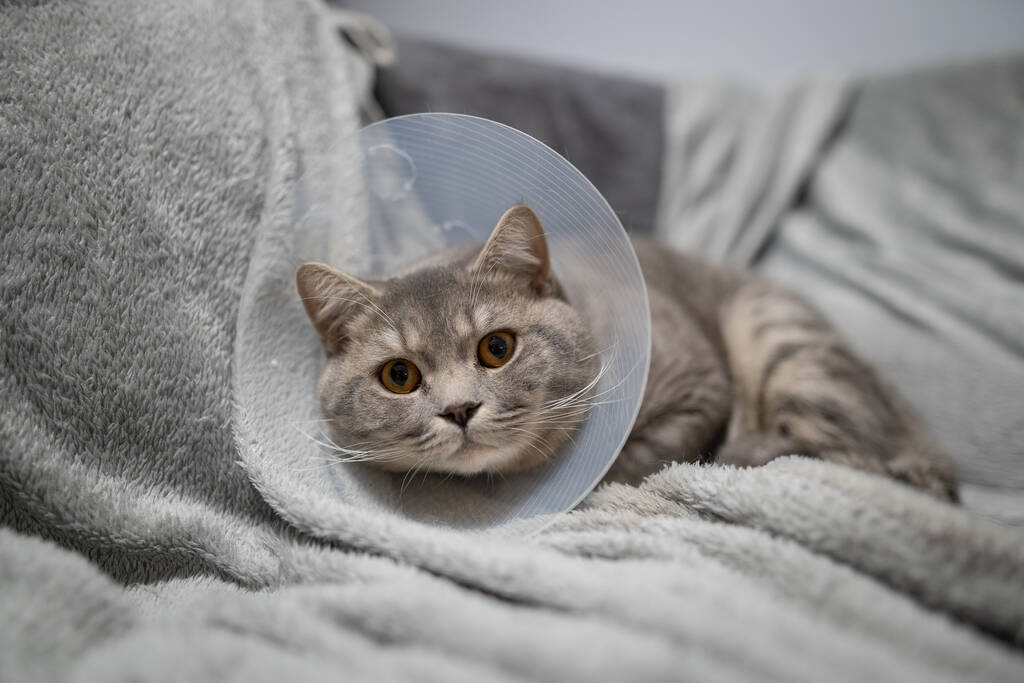Cats are experts at making us believe everything is fine, even when it is not. Unlike dogs, who will dramatically flop at your feet and let out a sigh of doom if they are unwell, cats have an entirely different approach: pretend nothing is wrong and hope the humans do not notice.
I learned this lesson with my cat, Muffin�the queen of acting tough. One day, she was her usual self, batting at my laptop screen and knocking my coffee over like it was her full-time job. The next day? Nowhere to be found. After searching high and low, I found her curled under the couch, avoiding eye contact and looking downright miserable. That was my first real clue that something was off.
Because cats are so good at hiding discomfort, spotting when they are feeling unwell takes a little detective work. Here are some telltale signs that your cat might need a vet visit.
1. A Sudden Change in Personality
Cats love routine, so when their behavior shifts suddenly, it is worth paying attention.
What to Watch For
- Hiding more than usual � Cats love their alone time, but if they have practically moved into their hiding spot, something could be wrong.
- Sudden grumpiness � A cat that was once all cuddles and purring but now acts like you have deeply offended them might be in pain.
- Too much meowing�or none at all � A quiet cat that will not stop talking or a chatty cat that goes silent is a sign that something is up.
- Unusual clinginess or aloofness � If your independent cat suddenly wants to be held all day or your affectionate one starts avoiding you, that is a clue.
I knew Muffin was sick when she, the self-proclaimed ruler of my home, stopped yelling at me for not opening her food fast enough. That silence was LOUD.
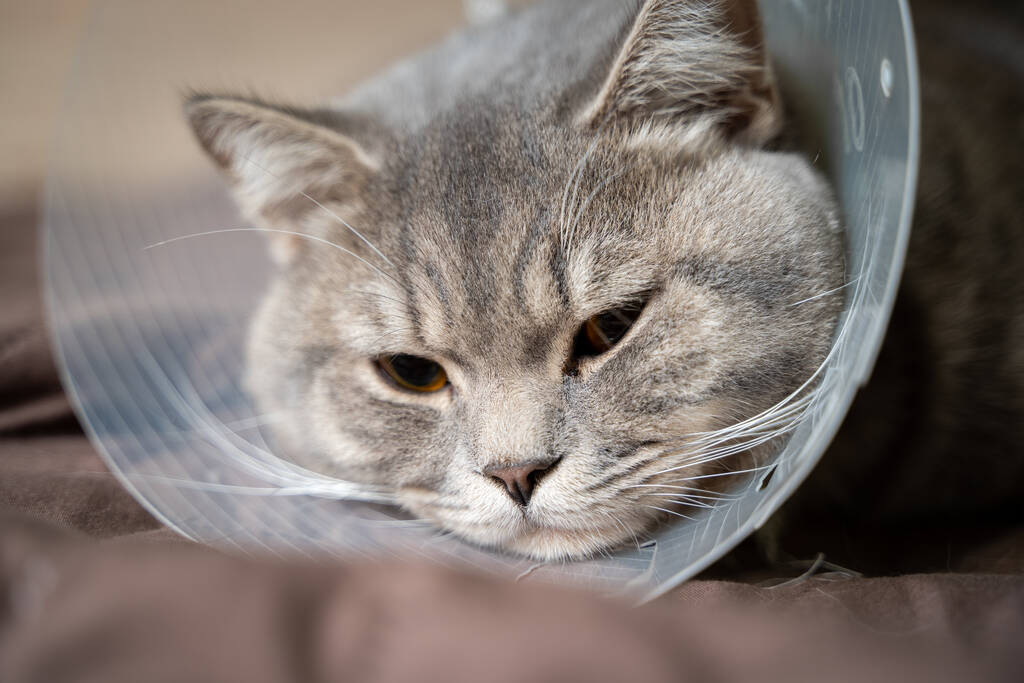
2. Changes in Eating and Drinking
Food is life�especially for cats who demand their meals at the exact same time every day. If your cat suddenly loses interest in eating or starts drinking more than usual, pay close attention.
Red Flags
- Skipping meals � A cat that refuses food for more than a day is waving a little red flag.
- Drinking way more water � This could indicate kidney disease, diabetes, or other serious health issues.
- Frequent vomiting � A hairball now and then is normal, but if they are throwing up daily or it contains anything odd, time to call the vet.
- Struggling to eat � If they are chewing funny or dropping food, dental issues might be the culprit.
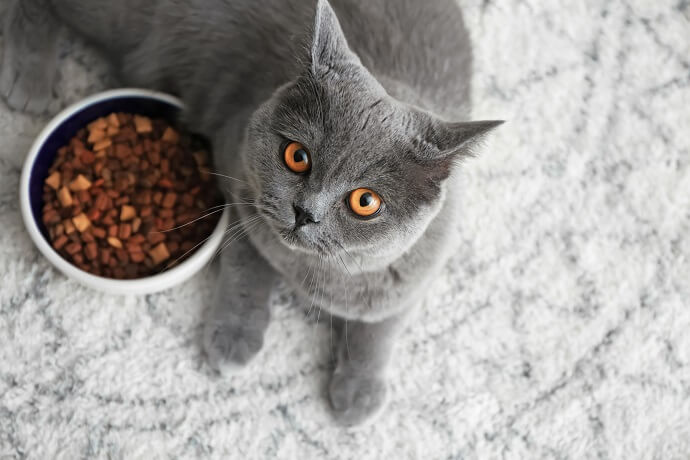
One time, Muffin stopped eating her favorite treat�tuna. I nearly called an exorcist before realizing she had a sore tooth. A quick vet visit later, she was back to judging my food choices while demanding her own.
3. Physical Changes You Should Not Ignore
Sometimes, the best way to tell if a cat is unwell is simply by looking at them. Small physical changes can be major clues.
Things to Check
- Limping or avoiding jumping � If your cat suddenly hesitates before leaping onto their favorite spot, they might be in pain.
- Coat looking messy or greasy � Cats are meticulous groomers, so if their fur starts looking unkempt, something is wrong.
- Grooming too much � Bald spots or constant licking could indicate stress, allergies, or pain.
- Swelling, lumps, or bumps � Always investigate anything unusual under their fur.
I once noticed Muffin sitting weirdly on one side, licking her belly constantly. Turns out, she had a mild infection, but her dramatic performance had me convinced she was on her ninth life.
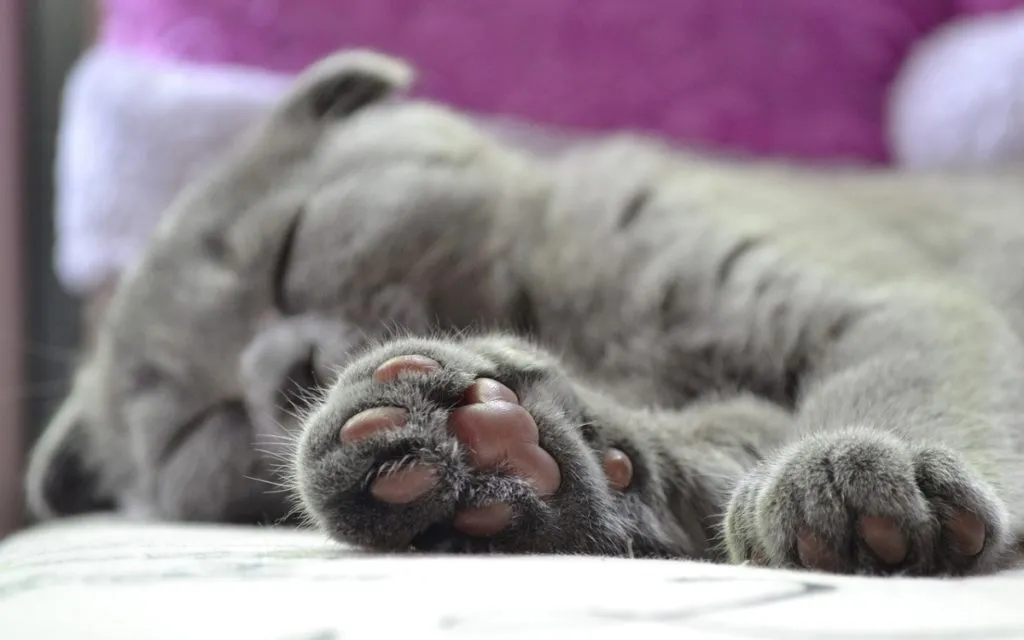
4. Litter Box Clues � Yes, Poop Matters
No one enjoys monitoring their cat�s bathroom habits, but it is one of the easiest ways to catch health problems early.
What to Look For
- Straining to pee � If your cat is in the litter box trying to go but nothing is happening, this can be an emergency, especially for male cats.
- Blood in urine or poop � Never ignore this.
- Frequent trips to the litter box � Might mean a urinary tract infection or digestive issue.
- Going outside the litter box � If a normally well-trained cat starts peeing elsewhere, they might be in pain.
I learned this when Muffin, a lifelong litter box pro, started peeing in my laundry basket. A trip to the vet revealed a urinary infection. My clothes were ruined, but at least I knew she needed help.
5. Changes in Eyes, Ears, or Nose
A cat�s face can tell you a lot about how they are feeling.
Warning Signs
- Watery or cloudy eyes � Allergies, infections, or even something more serious could be the cause.
- Ear scratching or bad smell � This could indicate an ear infection or mites.
- Frequent sneezing � If they have nasal discharge, it might be a respiratory infection.
Muffin once had an eye infection that made her look like a pirate. She absolutely milked it for extra treats.
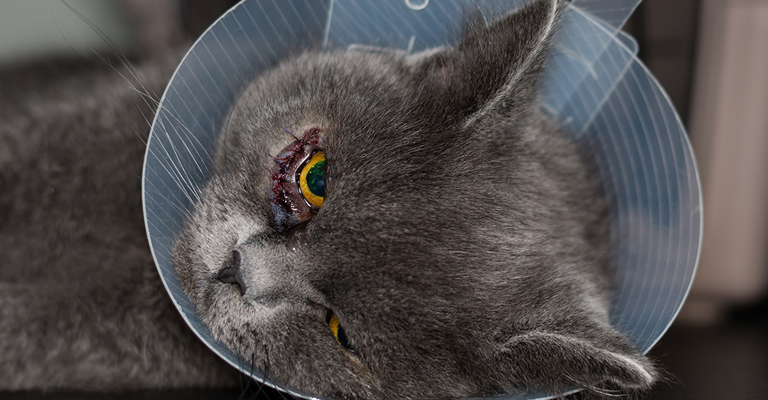
6. Unexplained Weight Loss or Gain
Cats are small creatures, so even a little weight change can mean something is off.
What to Be Aware Of
- Losing weight despite eating normally � This could be hyperthyroidism or another underlying condition.
- Sudden bloating or weight gain � Might be fluid buildup from heart disease or something else serious.
If you can suddenly feel your cat�s bones more than usual or they look extra round, it is worth checking out.
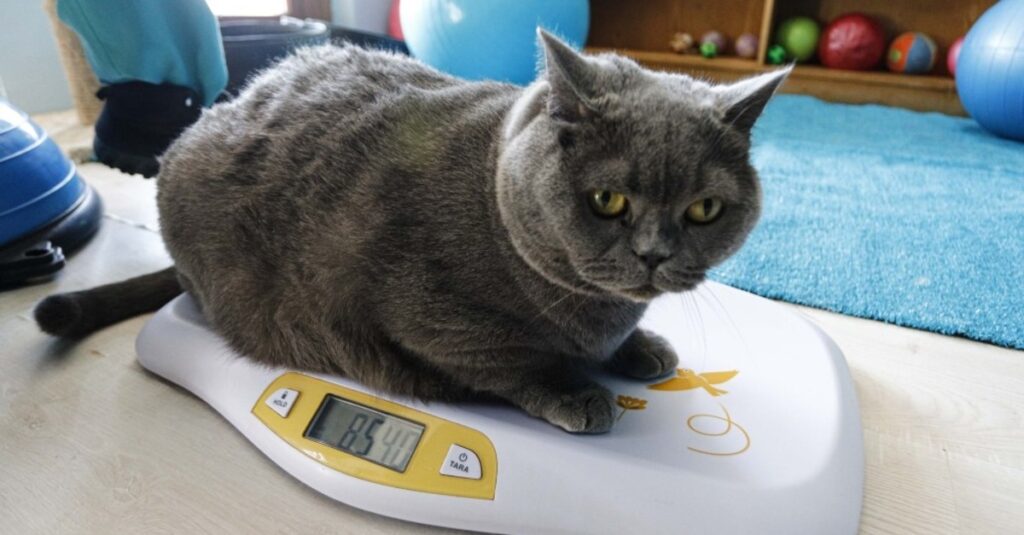
When Should You Call the Vet?
If you notice any of these signs, do not wait. Cats are pros at hiding their discomfort, so by the time symptoms show, they might already need medical attention. Early detection can make a huge difference in treatment and recovery.
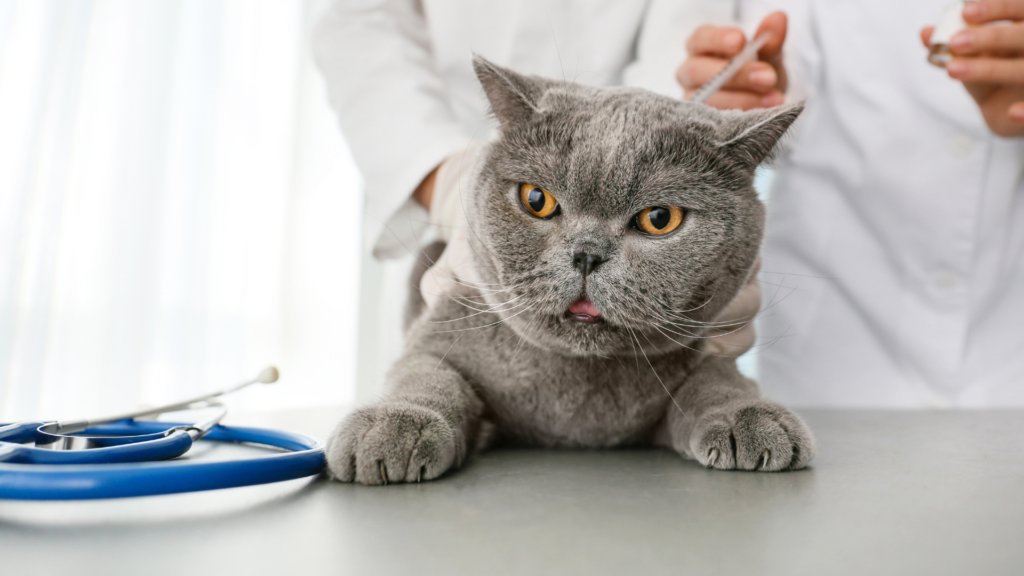
Trust Your Instincts
At the end of the day, you know your cat best. If something feels off, trust your gut. Cats depend on us to notice the little changes they try to hide. And when in doubt, a quick vet visit is always the safer option.
Final Thoughts
Living with a cat is like being a detective. You are constantly gathering clues, deciphering their cryptic behavior, and occasionally bargaining with them to let you sleep past 6 AM. But that is what makes them so fascinating.
The good news? With a little love, attention, and a few emergency tuna bribes, you can help your cat stay happy and healthy for years to come.
Now, if you will excuse me, Muffin is giving me the look because dinner is exactly three minutes late. Wish me luck.
Have You Ever Spotted a Weird Cat Behavior?
Ever noticed a strange habit in your cat that turned out to be a health issue? Share your stories�I would love to hear them!

